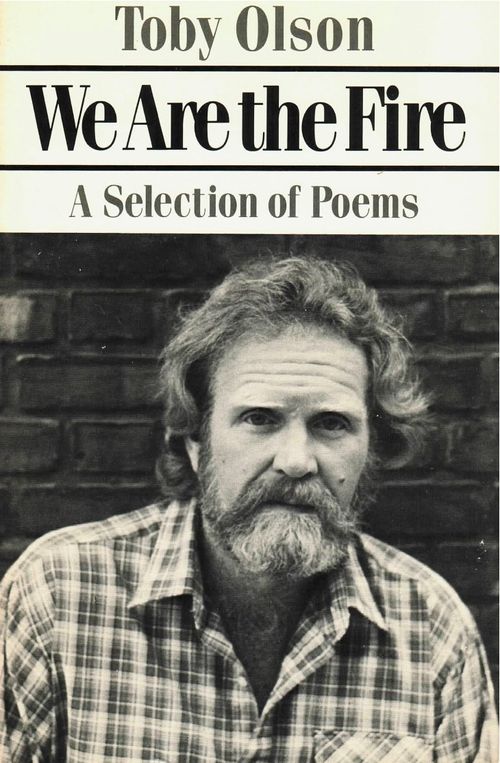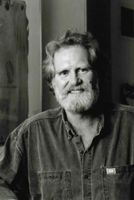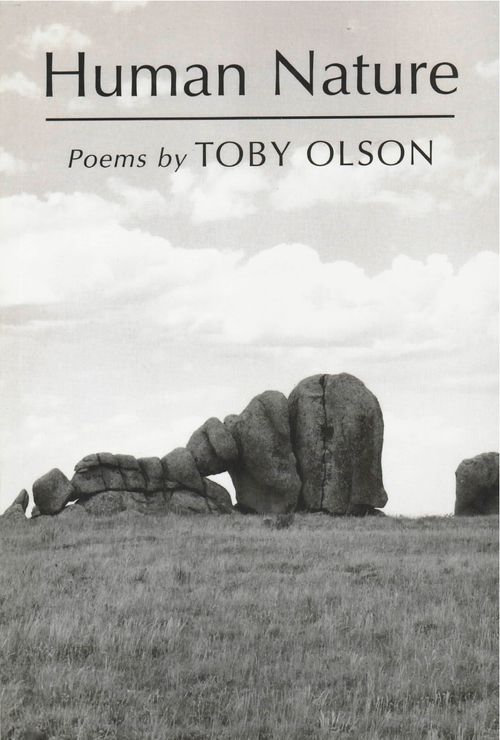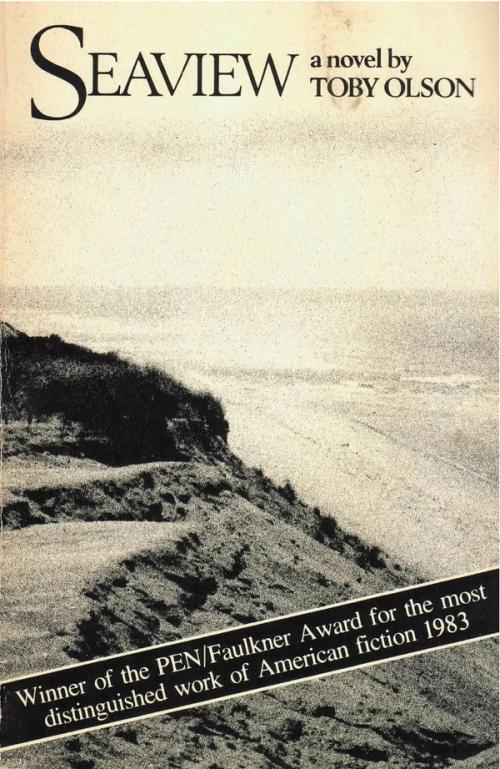We Are The Fire
Poetry by Toby Olson
The poems in Toby Olson’s We Are the Fire, a selection made by the poet himself of his later work, stand as better than half of what he wishes to save from the years 1970-84. (The collections Home and Aesthetics, published by Membrane Press, Milwaukee, in 1976 and 1978 respectively, complement the present volume.) Olson came into national prominence when his second novel, Seaview, received the PEN/Faulkner Award in 1983, but as a writer he has always given his poetry prime place. Readers of Olson’s novels will recognize familiar themes among these poems that parallel their development in his fiction––“Incest” and “The Father” did in fact appear in his first novel, The Life of Jesus (1976). The landscape of Cape Cod, the setting for much of Seaview, is evoked again and again in “Birdsongs” and “The Florence Poems," a tender memorial to a close friend whose death from cancer achieves a communion that transcends grief. And in Olson’s ongoing series “Standards,” of which six are included here, his singular lyric eroticism is underscored by his remarkable metaphrasing of American popular songs. “For me,” Olson says, “the making of poetry increasingly becomes an act of celebration. What is celebrated is not the significance of things and events but the things and events themselves. It is not the tales but the details that I am concerned with.” We Are the Fire lights the details.
Paperback(published Oct, 01 1984)
- ISBN
- 9780811209144
- Price US
- 7.5
Clothbound(published Oct, 01 1984)
- ISBN
- 9780811209137
- Price US
- 14.95



